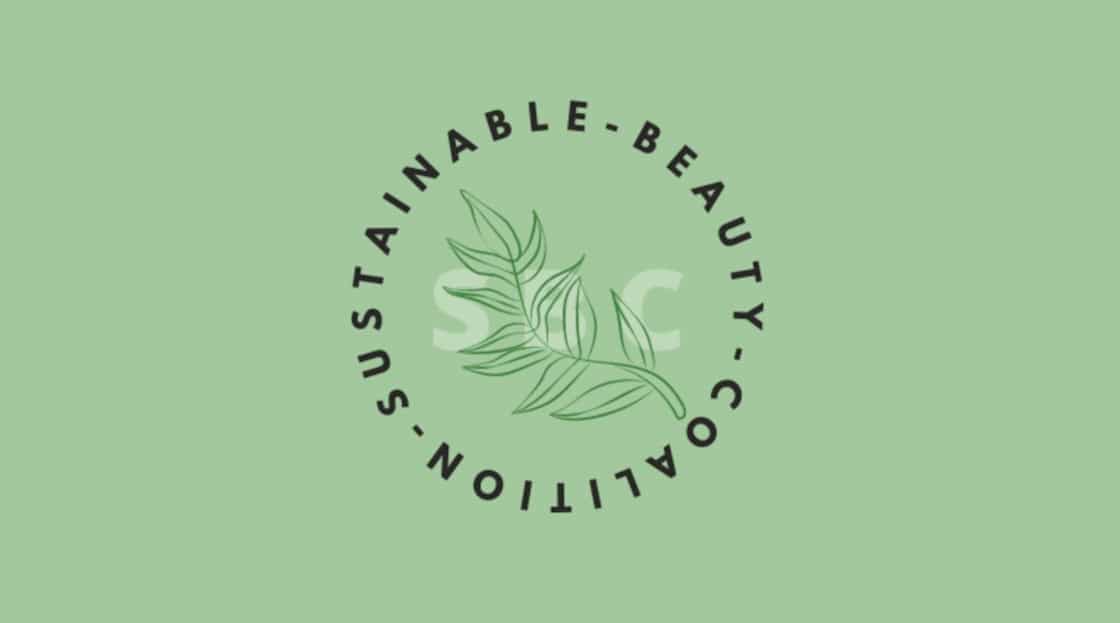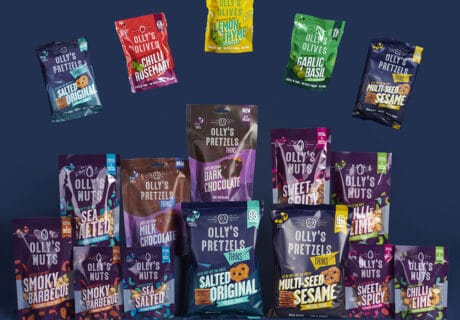Following the launch of the Planet Positive Beauty Guide at COP26, members of the Sustainable Beauty Coalition’s (SBC) steering committee joined Kathleen Baird Murray, contributing editor at Vogue, live from Glasgow for a discussion about how we can all ‘keep inching forward’ towards sustainable beauty.
Jayn Sterland, chair of the SBC, opened by reiterating her message that the formation of the coalition six months ago was about brands coming together to ‘share best practice’ and be ‘part of the solution’, as opposed to being in competition with each other.
Revolutionizing the beauty industry will, she said, include the need for some government regulation – along with a carbon tax – but above all it’s ‘individual leadership’ which will count most. “Waiting for the Government is just another way for us to not take responsibility. It’s code red. Every single one of us has a responsibility.”
Oriele Frank, co-founder of Elemis (and now chief product and sustainability officer) commented that environmental concerns should be the priority for brands. “Obviously the climate comes at the top. Companies have to set measurable targets. You have to literally measure every aspect of your carbon. It’s all about measuring, learning and then reduction.” Frank said Elemis’ target is to achieve a 90% reduction in carbon emissions by 2030. With the brand currently going through the process of B Corp certification, Frank said that getting companies to invest properly in sustainability at every level of the value chain ‘makes a massive difference’.
Frank also highlighted a number of questions brands should be asking of their ingredients, packaging and overall products: “What don’t we need? Do we need all these leaflets, with the digital world? Do we even need boxes? What do you remove and what can you reduce?” Mentioning a return to ‘the milkman model’, she believes the whole industry should consider reuse and refills, with the last-resort option being recycling. She explained that another key focus for Elemis is ingredient impact on the natural world: “Everything going down the plug hole – what is that doing to animals, to us when we ingest it? What can we as an industry put back into nature? We have peatlands, we have salt marshes, we have seaweed around the coastline, all sequestering carbon. I have to look at putting something back into nature to offset [carbon emissions].”
The green recovery is about changing the way we do things – not just in the beauty industry
Advocating for a circular economy – ‘simply the better way to do business’ – Jo Chidley, co-founder of Beauty Kitchen, proposed that the time has come to leverage the potential of available technologies (such as provenance traceability and QR codes) by combining them with ‘the traditional way of doing things, when you didn’t waste anything’. “The green recovery is about changing the way we do things – not just in the beauty industry. People need to be armed with the right info and the right data points and for me that’s where third party certifications come into play.”
Offering advice for new brands, Michelle Feeney, founder and CEO of Floral Street Fragrances, advised: “Do not start a brand … unless it can be planet positive.” With over 30 years’ experience in the beauty industry, once Feeney had come up with the concept for Floral Street she then ‘took a gap year’ to give thorough consideration to whether the world needed her product.
“You’ve got to start from the ingredients … the supply chain … how your ingredient is grown and harvested, how you put that together in your product and packaging. I thought about absolutely every element before I started. Start-ups actually have the ability to think differently and act more quickly – even down to what partners you work with. Beauty can change things. Challenge the big boys.”
The committee confirmed that new brands looking for guidance can turn to the SBC for shared learnings. “We’re just at the start of the journey,” said Sterland. “Let’s just build some really strong foundations … teaching ourselves, educating ourselves on how to work in a much more sustainable way. The landscape is changing every day and we will get better and better. Through the network of the SBC we’ll be able to share all that.”





